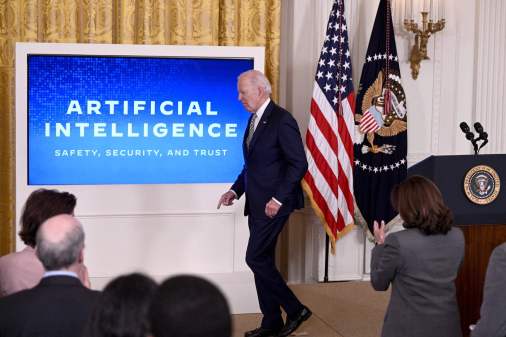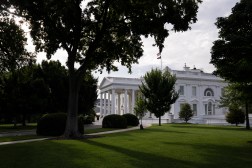The White House announced today its support of Google, Microsoft, Yahoo and other advertising agencies committing to a number of best practices intended to combat online piracy and counterfeiting.
The eight companies agreed to reduce their ad spending with companies and sites engaged in piracy and counterfeiting. The Interactive Advertising Bureau partnered with the companies on this initiative.
In a blog post, the administration called the move a “good example of how the public and private sector can work to combat piracy and counterfeiting while protecting and, in fact, further encourage the innovation made possible by an open Internet.”
Randall Rothenberg, IAB president and CEO, also announced the partnership on the IAB site saying, “bringing these disparate parties together at the same table, we have been able to establish guidelines that strictly protect copyrights, while allowing the digital economy to flourish.”
The White House’s announcement of support is in line with its continuing commitment to reducing infringement of intellectual property. Several weeks ago, the Office of Management and Budget released its 2013 Joint Strategic Plan for Intellectual Property Enforcement, a framework that outlined the landscape of the government’s role in protecting intellectual property over the next three years.
“We will continue to pursue a comprehensive approach to the problems associated with infringement, including increased law enforcement, educational awareness and increased cooperation with our trading partners in order to promote innovation, support jobs, increase exports and maintain our global competitiveness,” Victoria Espinel, U.S. intellectual property enforcement coordinator, said in the blog post.
Congress has also pushed cybertheft and IP rights to the forefront of its conversation. Just last week, the House held a hearing to discuss legislative action to deter IP theft. The House Energy and Commerce Committee’s oversight subcommittee heard from a panel of private and public sector experts on how Congress and federal agencies should address ongoing intellectual property theft moving forward.






